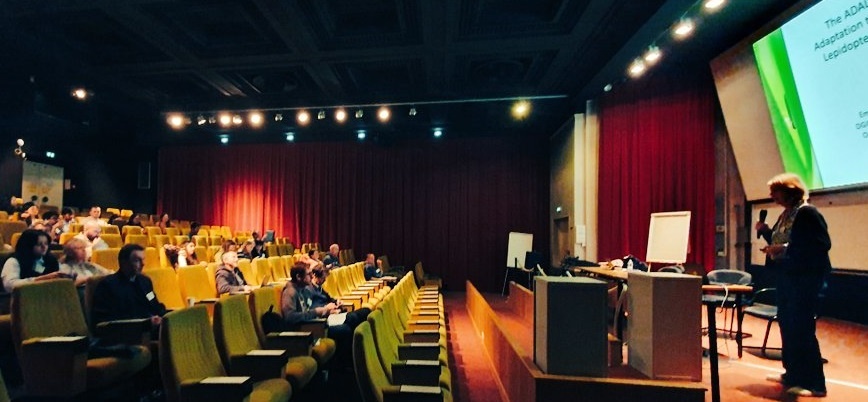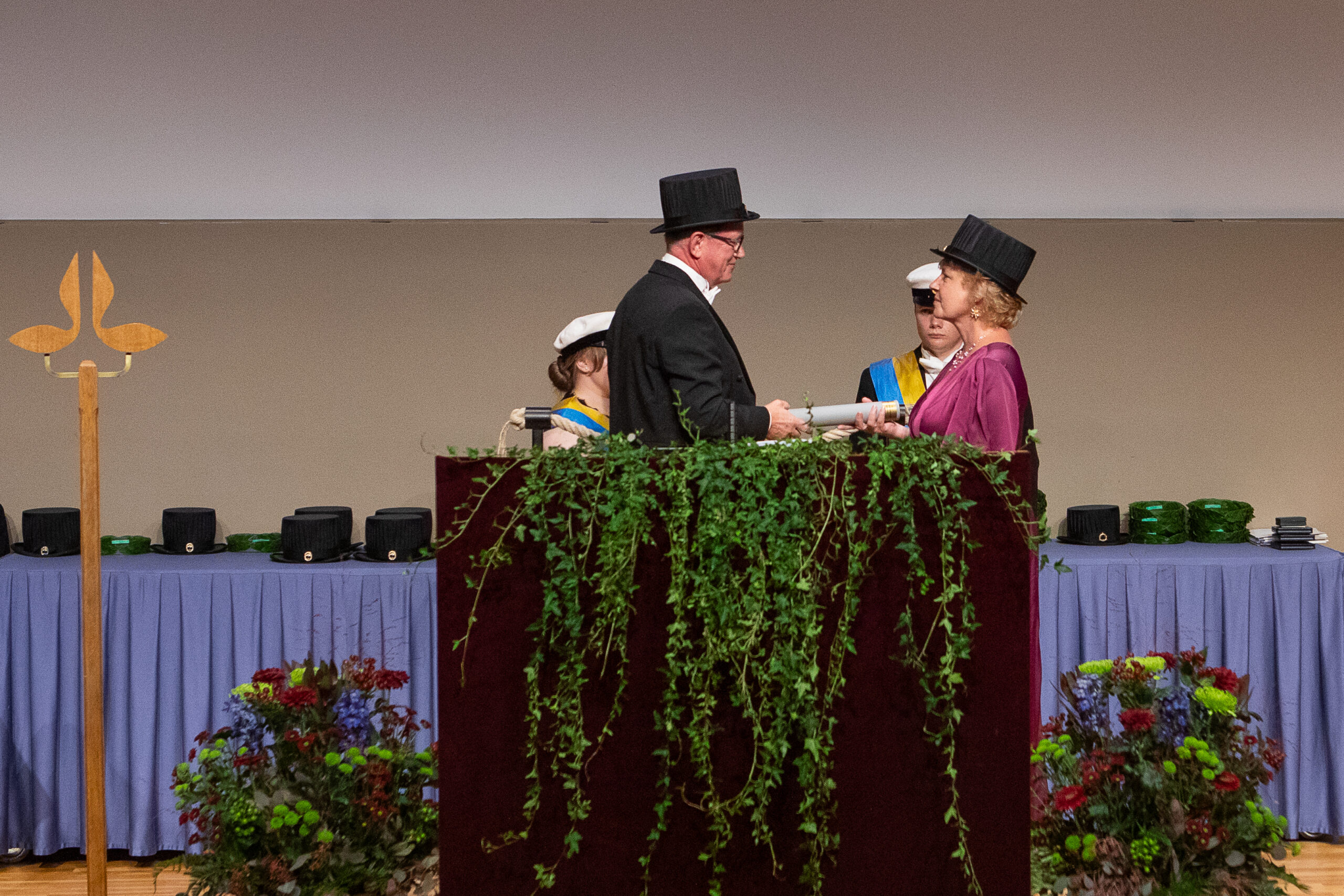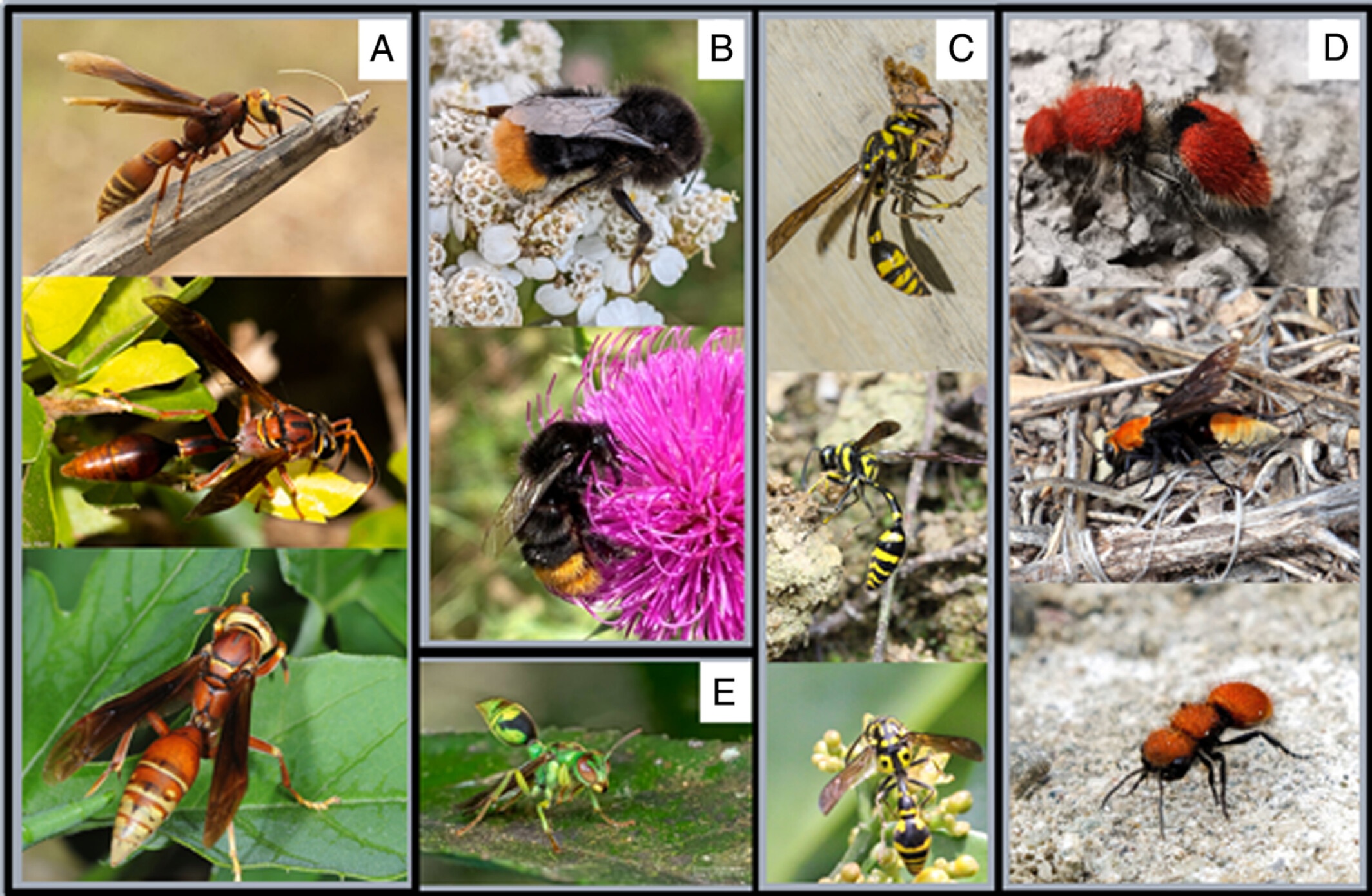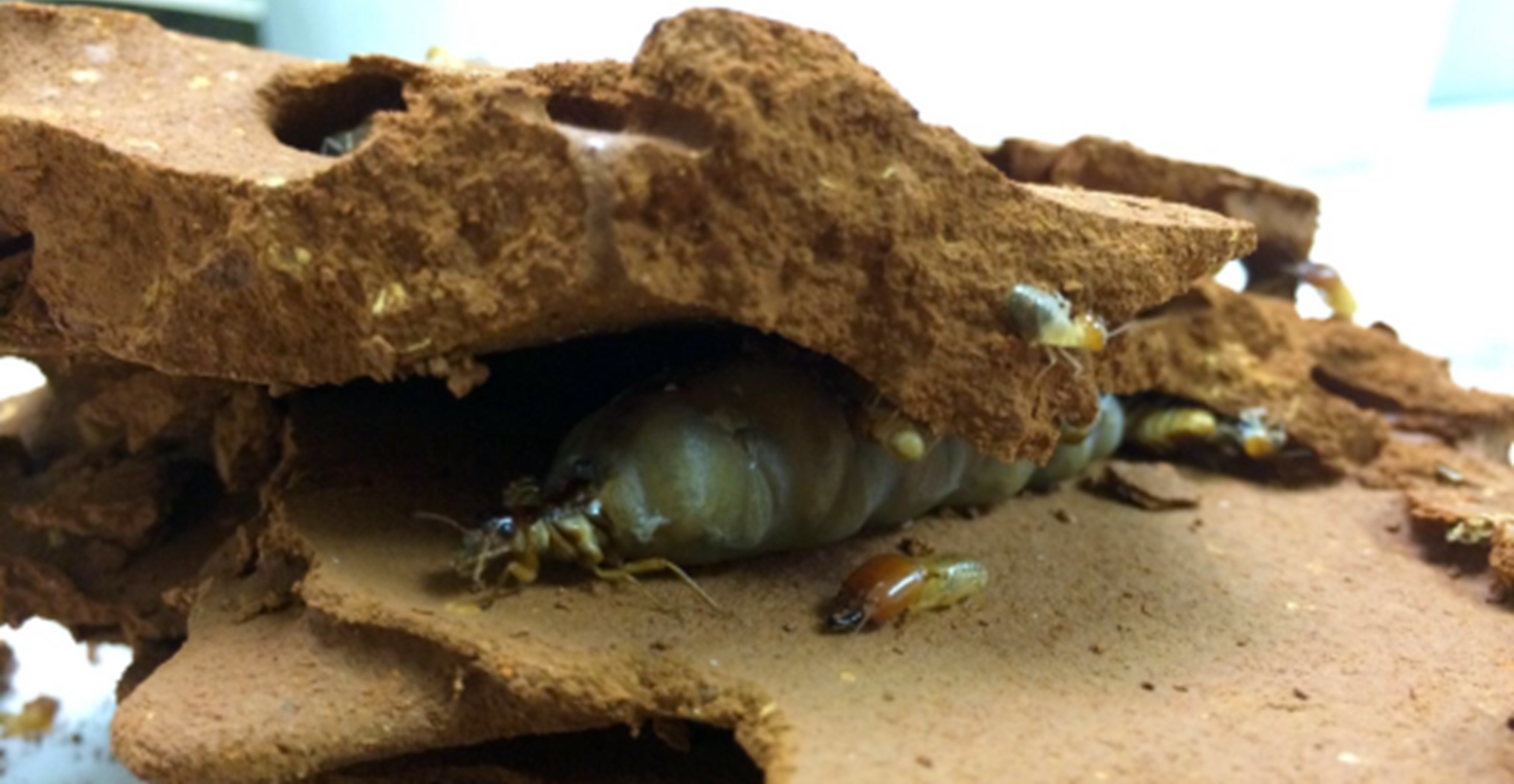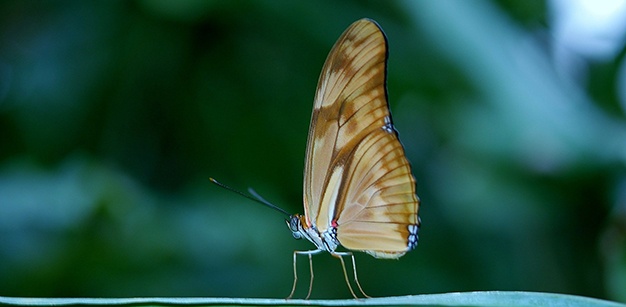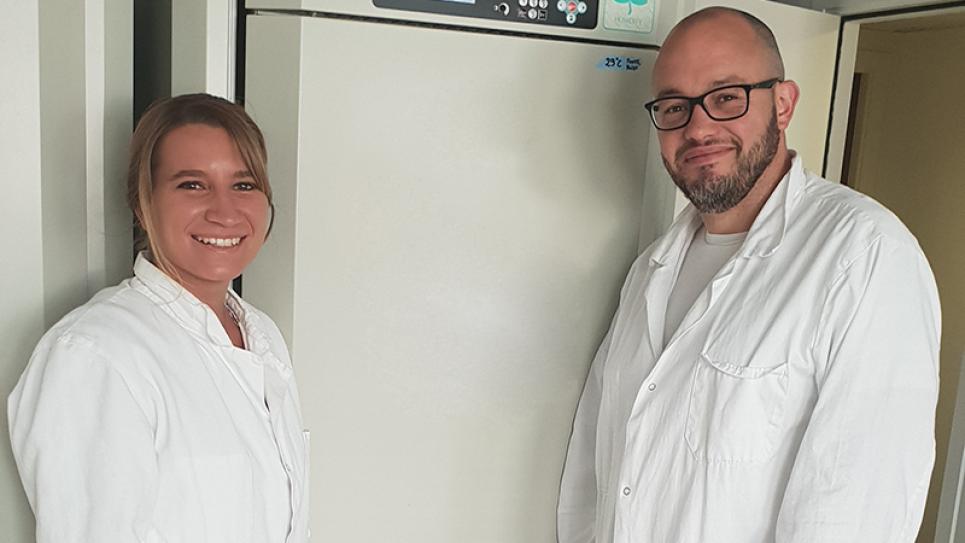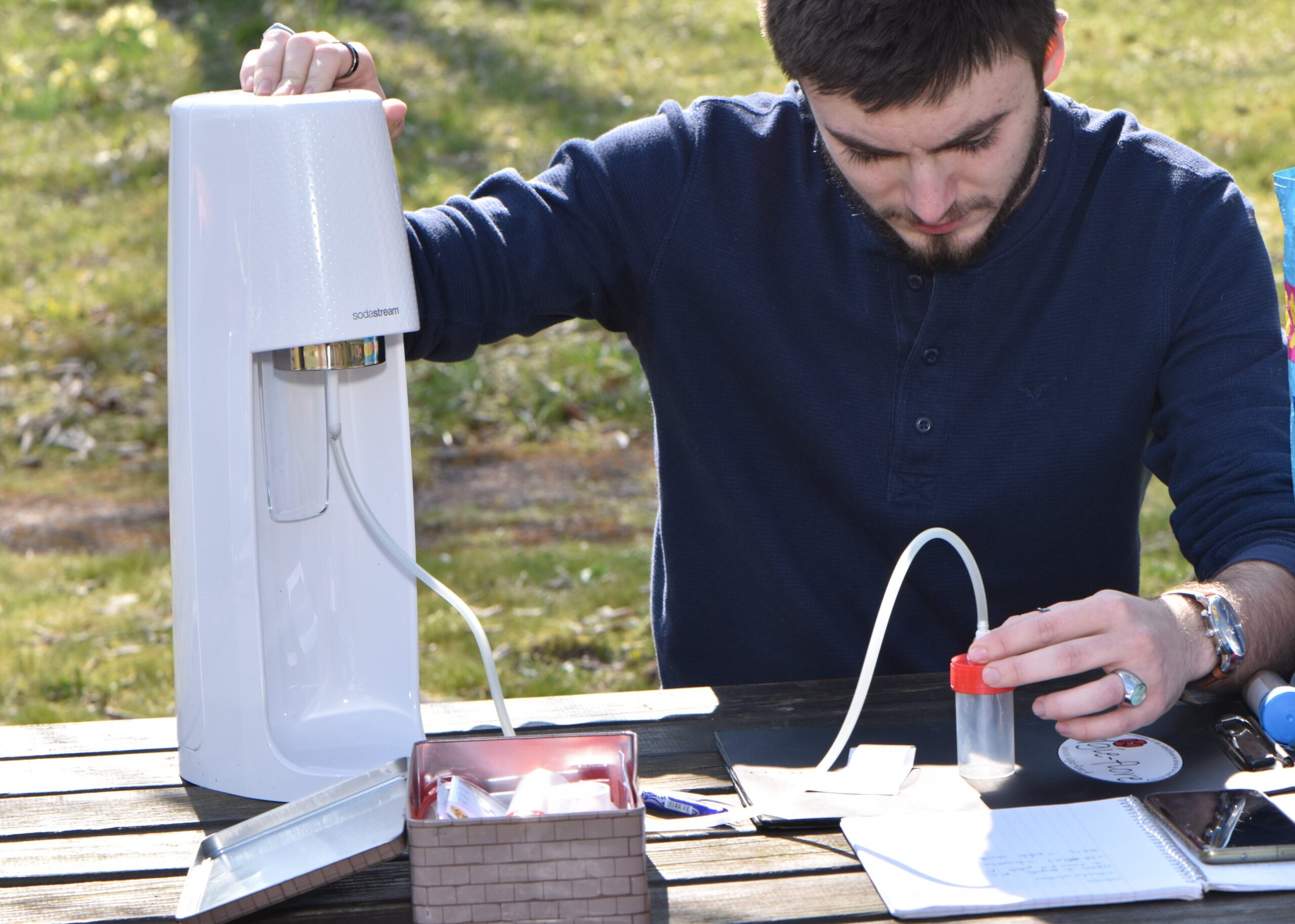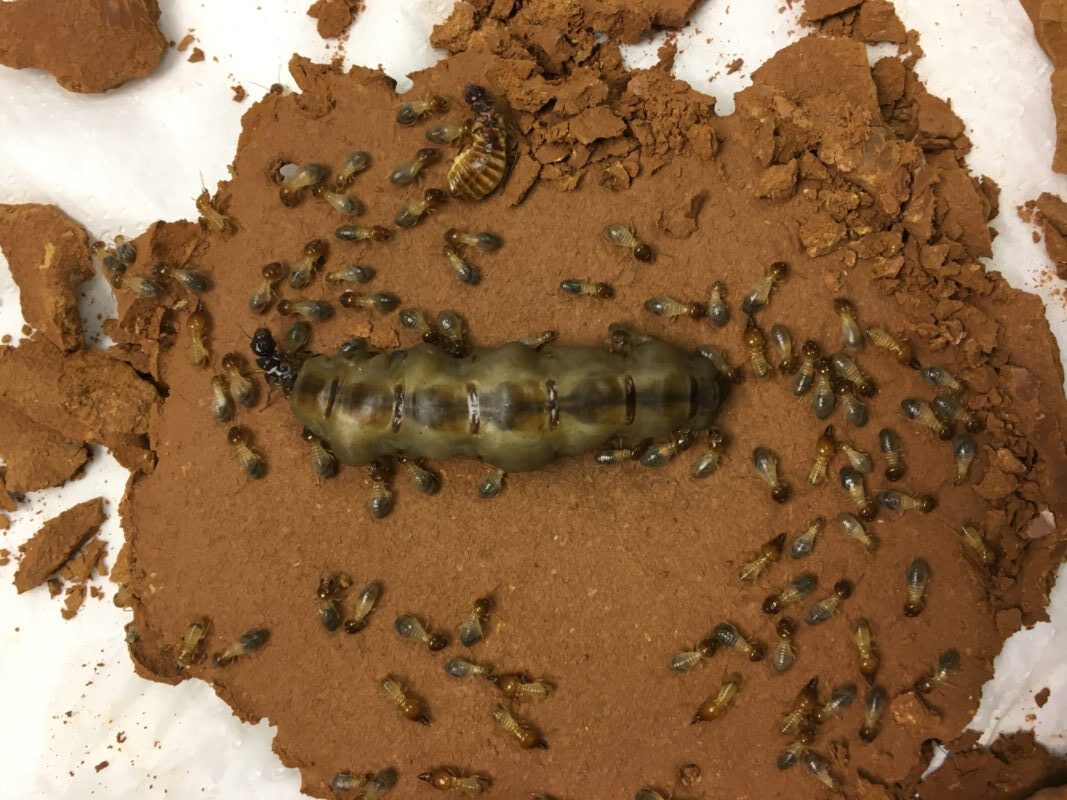On October 24 and 25, the Ecosens department hosted the ADALEP (Adaptation of Lepidoptera) national network days on the INRAE Versailles-Saclay campus. Around two plenary conferences given by invited researchers from New Zealand (Invasomics Lab; Institute for Plant and Food Research). These days brought together more than twenty presentations on invasions, expansion fronts, adaptation and […]
